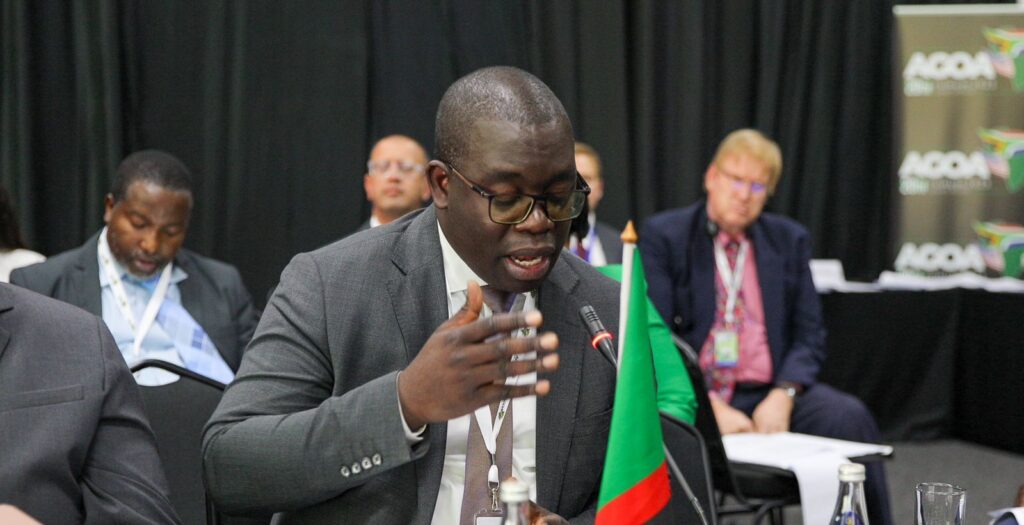Government Spends Over US$600 Million Annually On Fabric Imports
Minister of Commerce, Trade and Industry has disclosed that Government spends over US$600 million on an annual basis on importation of fabric due to lack of a functional textiles industry in the country.
Officiating at the World Bank-Zambia Development Agency (ZDA) Zambia Investment Forum in Lusaka, Chipoka Mulenga however said this scenario will soon change with the coming on board of Mulungushi Textiles in Kabwe.
Mr. Mulenga is optimistic that the Zambia-China Mulungushi Textiles will be officially launched in December this year.
He also disclosed that Government has been spending over US$700 million on importation of fertilizer but that this is no longer the case as Zambia has become a net exporter of D Compound owing to private sector participation in the economy.

Meanwhile, Mr. Mulenga said government has made significant progress in undertaking policy reforms such as the introduction of the Zambia Business Licensing Portal.
He explained that the portal is streamlining regulatory processes, reducing bureaucracy, and making it easier for entrepreneurs and investors to establish and operationalize their businesses.
“This initiative is critical in fostering a business environment that is user-friendly and conducive to both local and foreign investment,” Mr. Mulenga stated.
Mr. Mulenga also stressed the critical role of Small and Medium Enterprises -SMEs-in driving economic growth, noting that initiatives like the ZDA SME Financing Scheme is making it easier for businesses to access funding.
He further called for private sector participation in the energy sector to supplement ZESCO and Copperbelt Energy Corporation (CEC)’s efforts in ensuring stable and affordable power supply.
“Additionally, we have introduced an Open Access Regulatory Framework in the energy sector, designed to enhance competition and efficiency. Independent Power Producers (IPPs) can now utilise ZESCO’s transmission lines under favorable conditions, allowing them to negotiate directly with consumers—an important step towards ensuring energy security and affordability,” he said.
And European Union (EU) Ambassador to Zambia Karolina Stasiak stressed the need for Zambia to improve the regulatory and institutional environment in order to attract more responsible private investors and enhance quality investments in productive sectors like energy, infrastructure, and agriculture.
Ms. Stasiak said the EU is strongly engaged to make Zambia an attractive investment destination with a resilient, green and inclusive economy.








